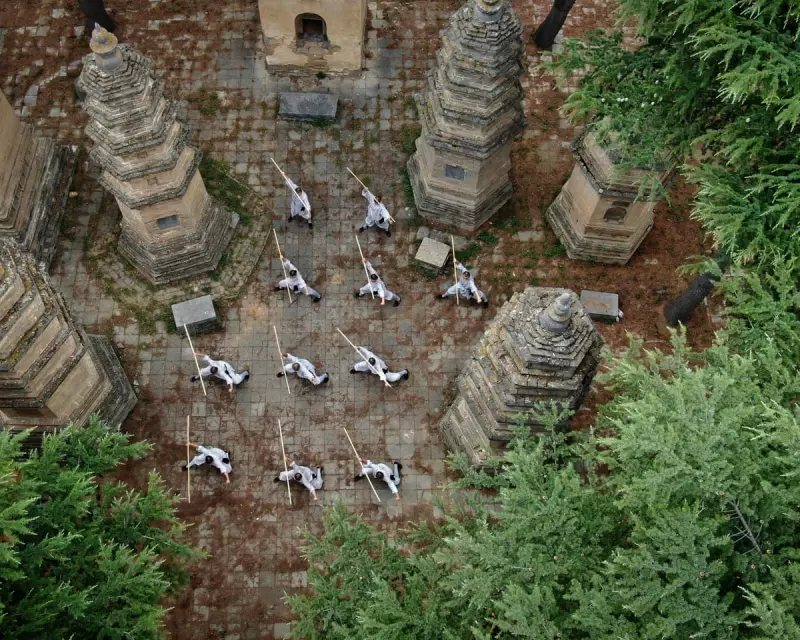
A storm of scandal is engulfing China's powerful religious institutions, casting an unprecedented spotlight on the vast and often opaque wealth of its major temples. A series of controversies involving high-profile Buddhist and Taoist leaders is shaking public faith and prompting a stern government response.
The so-called 'temple economy'—a multi-million pound ecosystem built on donations, tourism, and commercial ventures—is now facing intense scrutiny. These institutions, long seen as bastions of spirituality, have amassed significant fortunes, but recent events are revealing a darker side of avarice and moral failure.
A Crisis of Faith and Finance
The facade of piety has been shattered by a string of shocking incidents. From senior monks being accused of embezzling vast sums of donation money to influential abbots living lives of shocking luxury, the reports have ignited public fury online.
One prominent abbot was reportedly defrocked after allegations of sexual misconduct and financial impropriety surfaced, causing a national outcry. These scandals strike at the heart of a system where spiritual authority and immense financial power intertwine, often with little oversight.
The Government's Iron Fist
The Communist Party, under leader Xi Jinping, has long sought to bring all aspects of society under its control, and religion is no exception. These scandals provide a potent justification for a further crackdown.
Authorities have swiftly moved to assert control, launching investigations and vowing to 'strengthen the management' of religious sites. The goal is twofold: to quell public anger and to rein in influential religious figures who operate with a degree of autonomy.
Wealth, Power, and Public Trust
At the core of the issue is the staggering wealth some temples control. Beyond humble donations, many operate commercial businesses, from selling expensive incense and religious artefacts to running hotels and tea houses. This 'temple economy' has created a new class of religious elite.
For many ordinary citizens, these revelations represent a profound betrayal. Their donations, offered in good faith, are allegedly being misused for personal gain rather than for spiritual or charitable purposes. The erosion of trust could have lasting consequences for religious practice in China.
As the government tightens its grip, the future of China's religious institutions hangs in the balance. The ongoing crackdown is not just about punishing a few bad actors; it's a decisive move to bring the lucrative 'temple economy' firmly under state control.






